Life
Sign up for our newsletter
We summarize the week's scientific breakthroughs every Thursday.
-
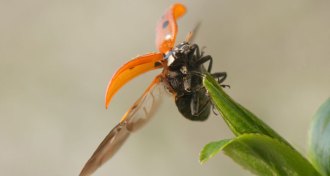 Ecosystems
EcosystemsLong-ignored, high-flying arthropods could make up largest land migrations
Forget birds. 3.5 trillion insects, spiders and mites a year fly over the southern United Kingdom.
By Susan Milius -
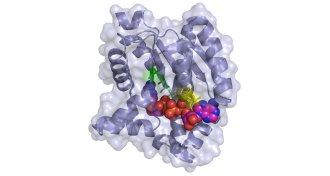 Life
LifeAncient enzymes adapted to a cooler Earth to keep life’s chemical reactions going
Ancient enzymes kept their speed at lower temperatures.
-
 Neuroscience
NeuroscienceHow scientists are hunting for a safer opioid painkiller
Scientists are sorting through chemical structures, twisting and turning known drugs and exploring new ways to ease pain.
-
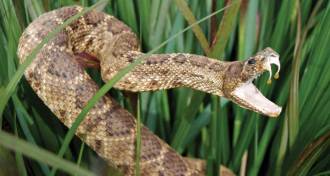 Animals
AnimalsTales of creatures large and small made news this year
Scientists filled in the details of some famous evolutionary tales in 2016 — and discovered a few surprises about creatures large and small.
-
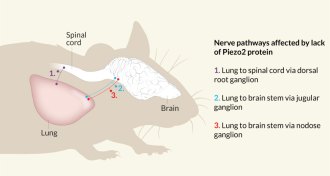 Life
LifeForce-detecting protein senses when lungs fill with air
A study in mice pinpoints a force-detecting protein that regulates breathing, previously implicated in touch.
-
 Health & Medicine
Health & MedicineMotherhood might actually improve memory
Having a baby changes all sorts of things, including a mother’s brain.
-
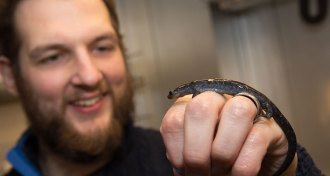 Animals
AnimalsFor some salamanders, finding a mate is a marathon
Small-mouthed salamanders will travel close to nine kilometers on average to mate, a new study finds.
-
 Earth
Earth‘Waterworld’ Earth preceded late rise of continents, scientist proposes
Cooling mantle temperatures may have lifted Earth’s continents above sea level, helping spur the Cambrian explosion.
-
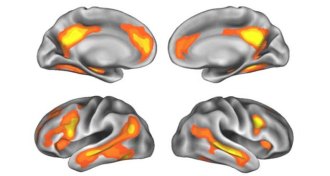 Neuroscience
NeurosciencePregnancy linked to long-term changes in mom’s brain
Pregnancy can sculpt a mother’s brain in a way that may help her tune in to her baby.
-
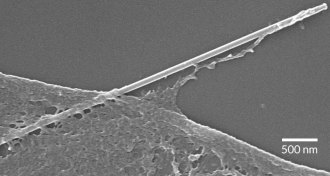 Tech
TechCells snack on nanowires
Human cells eat silicon nanowires in a process called phagocytosis. Nanowire-infused cells could be a step towards biological electronic devices.
By Meghan Rosen -
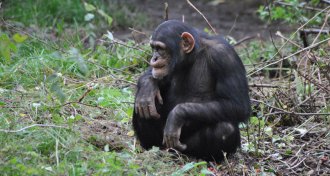 Animals
AnimalsChimps look at behinds the way we look at faces
Humans demonstrate something called the inversion effect when gazing at faces. Chimpanzees do this too — when looking at other chimps’ butts.
-
 Genetics
Genetics50 years ago, alcohol use was linked to several gene variants
50 years later, scientists are still searching for genes that influence drinking.